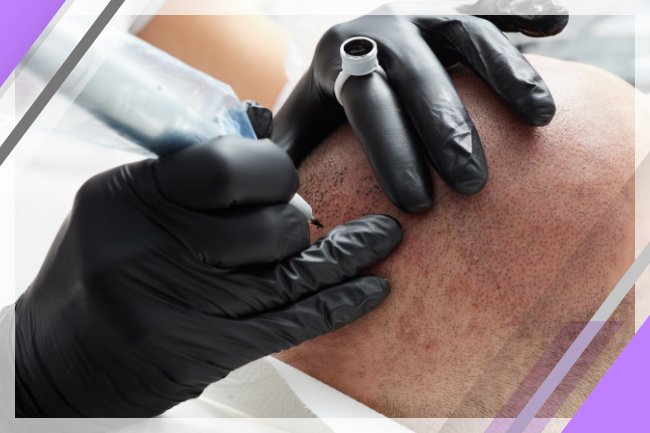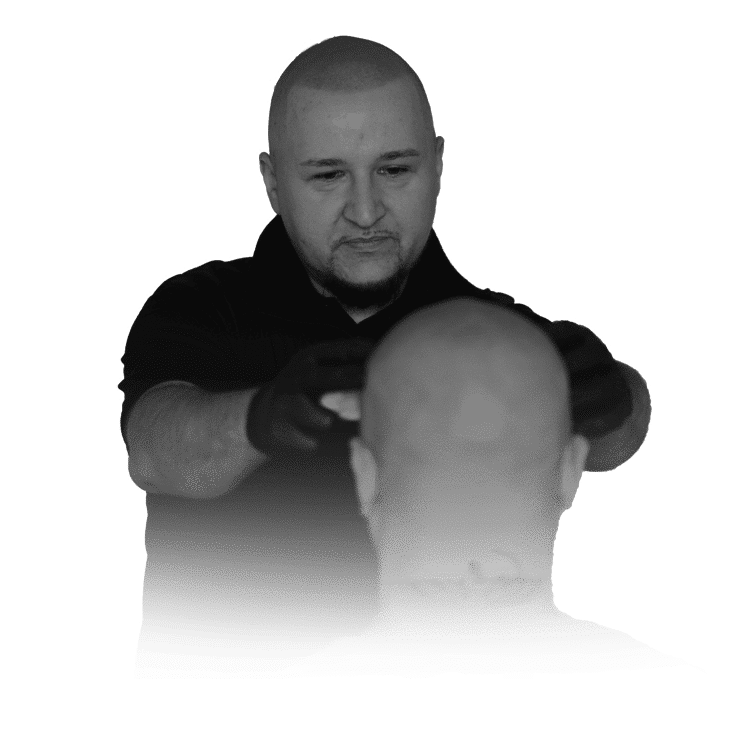Scalp Micropigmentation
How Diet and Nutrition Impacts Men’s Hair Loss?

As we become older we all have the sudden urge to grow and maintain thick, healthy hair. However, we will soon realise that it’s not as easy as it once was. There are many factors that influence how quickly our hair grows and how long it stays healthy, including age, general health, genetics, exposure to environmental factors, drugs, and nutrition. Ageing and genetics are far beyond your control, but your diet is undoubtedly something you can improve upon.
In this article, we will be answering the question “How does diet affect hair loss?” to get a closer look at the influence your food has on your scalp so you can change it for the better.
How does nutrition directly affect a person’s hair growth?
Hair consists of two major parts: the hair shaft, which is exposed, and the hair follicle, which is planted beneath the skin. The hair follicle is the one responsible for producing hair. The average rate of hair growth is 0.35 millimetres each day. The scalp loses about 100 hairs daily, and hair care practices such as washing and brushing can increase this rate. Hair follicles are incredibly delicate and active. Since hair follicle cells are among the most quickly dividing cells in the body, it is unsurprising that your diet and nutrition have a significant impact on your hair’s growth.
Vitamin A
We frequently associate vitamin A with our eyesight, but it also plays a role in keeping our hair healthy. In addition to being necessary for hair growth, vitamin A is essential in the formation of sebum, an oily fluid that keeps our scalp wet. However, excessive vitamin A intake (also known as hypervitaminosis A) negatively impacts your health, typically caused by taking large amounts of vitamin A supplements. If you consume excessive amounts of vitamin A, your body is unable to digest it, and too much of it circulates throughout your body. An excessive amount of vitamin A can result in sudden hair loss and disrupt the hair development cycle.
Vitamin C
Epidermal stem cells and hair follicle cells that control growth are both boosted by getting enough vitamin C in your diet. This vitamin has antioxidant qualities, meaning one of the things it can do for hair is prevent it from free radical damage. Furthermore, vitamin C is required for the production of collagen, a crucial structural protein in hair.
Vitamin D
Vitamin D has an essential function in hair growth and hair follicle health. Vitamin D levels are lower in individuals with hair loss diseases, including female pattern hair loss and alopecia areata, an autoimmune skin disease. According to research, supplementation with vitamin D stimulates hair regeneration in specific individuals with vitamin D-deficient hair loss.
A recent study comprising 109 individuals indicated that those with hair loss had considerably lower vitamin D levels in their blood than those without hair loss. Nearly 80% of individuals with hair loss had insufficient vitamin D levels. Iron deficiency was also prevalent among those with hair loss. These findings prompted the researchers to urge all individuals with diffuse hair loss to be examined for low levels of vitamin D and iron.
Iron
Iron deficiency is the most prevalent nutritional deficiency worldwide and is a proven contributor to hair loss. This condition is linked to telogen effluvium (TE), a type of hair loss that happens when the normal hair growth cycle gets messed up. This causes a lot of hair to fall out. Biotin deficiency is rare if you eat a healthy, balanced diet. Few things show that people with few or no health problems would benefit from getting more biotin. Also, eating a lot of biotins can mess up lab tests used to diagnose and treat a wide range of health problems. You won’t get too much biotin from food, but many supplements for hair, skin and nail growth have more biotin than the daily recommended amount.
Zinc
Zinc is a vital mineral for keeping your immune system in check, protein synthesis, and cell division, among many other functions. It is essential for hair follicle health and helps prevent hair follicle atrophy and slowed growth. Additionally, it promotes hair follicle repair. Studies indicate that zinc deficiency can lead to hair loss and that people with hair loss problems tend to have lower zinc levels than those without hair loss.
Protein
It is essential for those who want to look after their hair health to eat the right amount of protein. Your hair is composed of protein, and protein-deficient diets can delay hair development and, in rare circumstances, cause hair loss. However, eating too much protein won’t do you any favours. Excess protein can produce a shortage of biotin (vitamin H), which can result in hair loss. If your hair seems brittle and is falling out more often than it should, consult your doctor immediately.
Remember that a lack of any nutrients or a combination of them can be one of many causes of hair loss. Consult a healthcare professional if you suspect that your hair loss may be linked to a nutritional deficiency. They might recommend a blood test to determine your micronutrient levels and rule out any abnormalities.
Conclusion
More often than not, a good healthy diet leads to healthy weight loss and helps your immune system fight off diseases. While genetics significantly impact hair health and balding patterns, nutrition is essential and sometimes underestimated in hair development. However, the food you eat can affect numerous elements of your life, from your fingernails to your hair. Your food offers your body vital nutrients that support its processes, including hair growth.
If you or someone you know is in need of a team that specialises in hair pigmentation in Melbourne, then you need to get in contact with Luxe Micro ASAP! Luxe Micro is aware of the difficulty associated with hair loss. We fully understand your struggle. Our chief practitioner, Marcin, is more than qualified and has been trained to be a specialist in hair tattooing by industry leaders. Our team’s experience uniquely qualifies them to provide others with the compassionate support and knowledge required to recover their hairline and, most importantly, their confidence!







